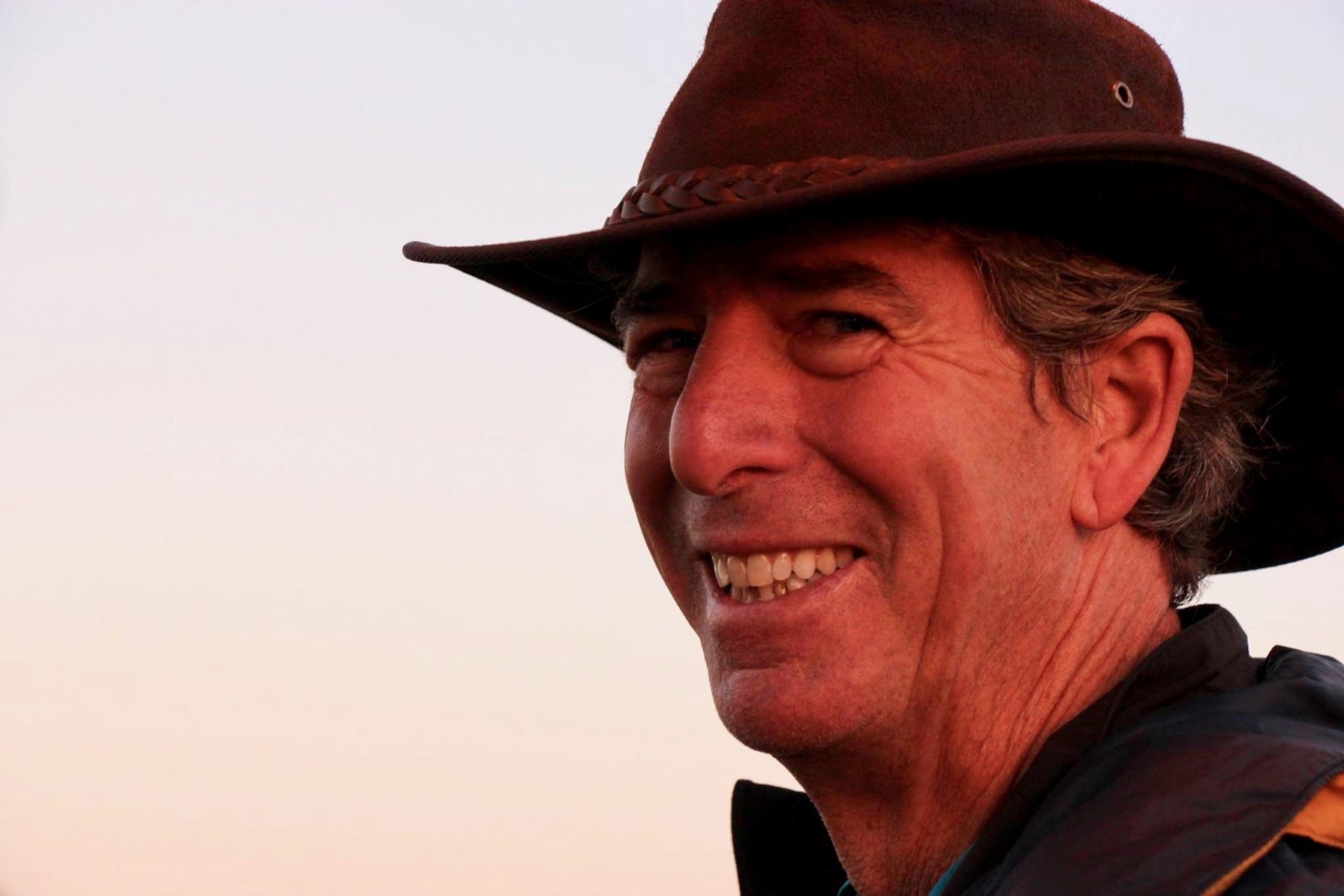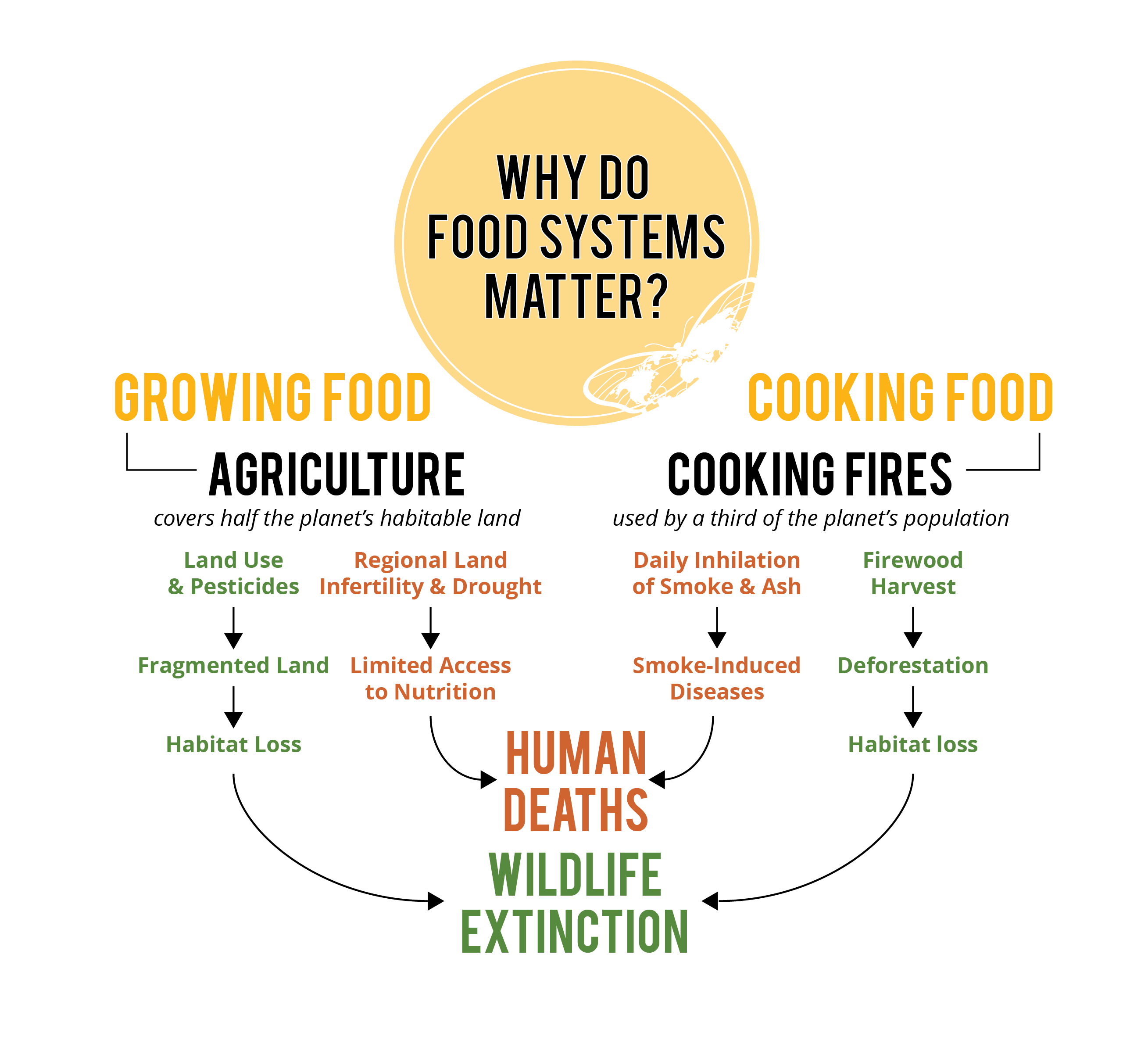“We love to waste water in San Diego.”
 That’s what Bill Toone of the Escondido-based Ecolife Foundation told me on this edition of Treehuggers International 12 years ago. And he wasn’t wrong.
That’s what Bill Toone of the Escondido-based Ecolife Foundation told me on this edition of Treehuggers International 12 years ago. And he wasn’t wrong.
Few interviews and program guests have remained fixed in my mind and in the evolution of my environmental principles than my conversation with Bill Toone in August 2009, and I’m glad he continues to be active with Ecolife, now called Ecolife Conservation.
As we’re seeing now with the bottoming out of water levels in California and around the west, the chickens may at last be coming home to roost for our state’s decades-long hubris of expectation and entitlement that nature will, without fail, provide a sustainable yield of water each year to the Sierra Nevada and Colorado River for our use.
No longer. The myth upon which California and the west has been predicated may have, at last, been broken.
Disillusioned by traditional conservation efforts and the ongoing, wasteful systems of fresh water use, biologist Bill Toone founded the Ecolife Foundation in 2003 to holistically address the greatest threats to life on earth by providing simple solutions to the leading causes of wildlife extinctions and human deaths, and cultivate innovative solutions for water conservation, stewardship, and sensible water planning.
 Bill ostensibly appeared on my Treehuggers International show on FM 94/9 to talk about Ecolife’s annual Walking 4 Water 5K at Mission Bay Park, but our conversation primarily focused on his landmark work in conjunction with the U.S. Fish and Wildlife Service on the California Condor Recovery Program in the late 1980s. It’s quite a story.
Bill ostensibly appeared on my Treehuggers International show on FM 94/9 to talk about Ecolife’s annual Walking 4 Water 5K at Mission Bay Park, but our conversation primarily focused on his landmark work in conjunction with the U.S. Fish and Wildlife Service on the California Condor Recovery Program in the late 1980s. It’s quite a story.
We also discussed the calamitous legacy of lead ammunition on condors, Bill’s advocacy for Monarch butterfly populations that spend the winter in protected sanctuaries in the mountains of Michoacán, and Ecolife’s mission to access clean and sustainable water supplies in sub-Saharan Africa.
Perhaps most telling, Bill emphasized the absolute necessity for wise water use in Southern California, and elsewhere.
The urgency of Bill’s message, in part, comes from his time working on overseas conservation projects in regions of the world where clean drinking water is simply not available. It’s not simply a matter of a lack of indoor plumbing. Sometimes water is located so far away it becomes a danger for family members to get it, and sometimes what water is available is so dirty, simply to drink it risks death and disease.
Interestingly, early in the show Bill refers to the massive Tejon Ranch, one of the largest private landowners in California. Located north of L.A. in the Lebec area of the Grapevine, where the southern tip of the Tehachapi Mountains straddle the intersection of the San Andreas and Garlock faults, a notorious 2008 compromise between conservation organizations led by the Nature Conservancy and the Tejon Ranch Company, which paved the way for some 6,700 acres of the ranch to be subdivided for sprawl housing along the Kern County line in the controversial Centennial project.
That plan, however, came to an end this past April when a superior court judge in L.A. County blocked construction due to concerns over the developer’s environmental impact report.
More on the California condor at the Ventana Wildlife Society and this great Pinnacles National Park page from the National Park Service.
This program originally aired Aug. 23, 2009, on Treehuggers International. Condors in flight photo courtesy of the Ventana Wildlife Society. Food system graphic courtesy of Ecolife Conservation.


